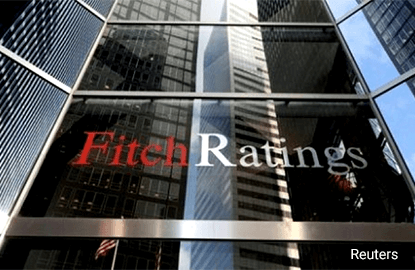
KUALA LUMPUR: Malaysia’s Islamic financing has maintained its double-digit growth in spite of the country’s moderating economy, with a 12.1% annual growth in the first half of 2016 (1H16) as at end-June, according to Fitch Ratings.
Although the growth was lower compared to the 16.2% rise recorded in 1H15, it still pushed Islamic loan share to 27.9% in the Malaysian banking system loan sector, versus 27% a year ago, as the sector’s expansion outperformed that of conventional banks over the past five years, it said in a note to clients yesterday.
Sukuk issuance also exceeded conventional bonds, with total market capitalisation rising to 62.2% by end-June 2016, from 61.6% in the previous corresponding period.
Islamic banks’ impaired loan ratio nudged slightly to 1.34% in June this year from 1.2% in 2015, though still lower than conventional banks.
Interestingly, investment accounts expanded to RM36.2 billion by June this year from RM4.3 billion in July 2015, while Islamic deposits remained flat.
“A change in the treatment of investment accounts and Islamic deposits effective June 30, 2015 has caused a shift in appetite ... [we] believe this is partly due to the higher yield offered by investment accounts where principle is not guaranteed, compared with Islamic deposits, as well as banks’ more focused marketing of investment accounts motivated by capital savings arising from regulatory changes to these products,” it said.
Nevertheless, it did not see customer migration from Islamic banks to conventional banks, nor a significant change in the former’s risk profile.
Malaysia still leads the global Islamic finance industry in terms of regularisation, standardisation and sukuk issuance, accounting for over half of the issuances worldwide in 1H16.
However, Fitch expects loan growth to expand at a more modest pace in 2017 after slowing between 2014 and 2016 amid a muted economic outlook, while Islamic and conventional banks’ impaired loan ratios may rise slightly.
“Extended economic weakness — with significantly higher unemployment — would hurt the sector’s asset quality, profitability and capitalisation.”